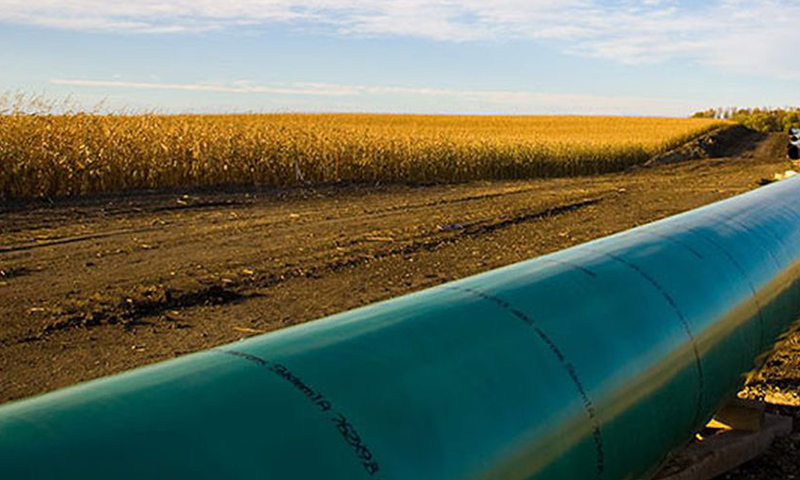
TC Energy Corp’s sale of a C$1 billion ($769 million) stake in Keystone XL (KXL) to a Canadian indigenous group is the result of over three years of pressure from a tiny Saskatchewan First Nation that demanded part ownership of the long-delayed oil pipeline, rather than short-term payments for allowing it to be built through its lands.
Natural Law Energy’s (NLE) planned investment was billed by TC as the biggest-ever indigenous investment in an oil project, highlighting how some communities are seeking to share in the industry’s profits while others oppose it.
Adding indigenous support may help efforts by Canada and TC to convince U.S. President-elect Joe Biden not to revoke the permit of the $8-billion Keystone XL when he takes office as he has promised.
If they are successful, millions of dollars will flow over a generation into indigenous communities to help youth afford university or pay for business investments, said Chief Alvin Francis of Nekaneet First Nation in Saskatchewan, one of five involved in NLE.
“It’s about making life better for all of our youth,” Francis said.
“If I could meet Joe Biden I’d say, ‘This a chance for you to change my First Nation’s view of the world.’”
TC proposed KXL 12 years ago and the project has since run into a steady series of legal and political obstacles, opposed by some U.S. tribes, landowners and environmental activists.
Nekaneet, a community of about 540 people, has never been involved in a deal of this scale, having previously developed a strip mall.
It joined four First Nations – Ermineskin, Akamihk, Louis Bull Tribe and Little Pine – to form NLE. The coalition has attracted interest from banks in financing TC’s project, given that much of its shipping capacity is already under contract, said NLE director Brian Mountain. He declined to identify the banks.
“What we’re doing is creating intergenerational wealth,” Mountain said.
NLE is talking with Alberta Indigenous Opportunities Corp, a provincial corporation, about guaranteeing some of the loans, he said.
Spokespeople for Canada’s six big banks declined to comment or did not respond. There is precedent for banks supporting indigenous investments in energy, such as a C$545 million bond issue for two bands in 2017 to invest in a Suncor Energy Inc storage facility.
Financing is set to close in the third quarter next year, likely well after Biden clarifies his position on KXL, easing risk for the First Nations, said Ken Coates, a professor of public policy at University of Saskatchewan.
Francis said while there is risk Biden will quash KXL, he is optimistic his position will soften.
Source: Reuters



